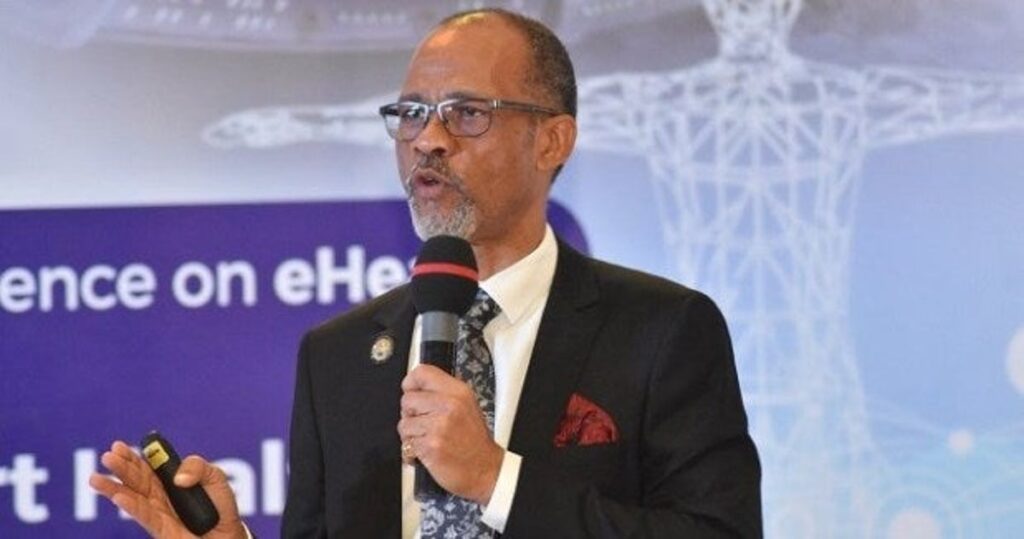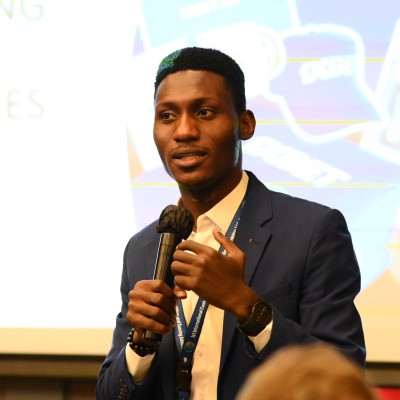Lagos Builds Psychiatric Hospital to Tackle Gambling Crisis
New 500-Bed Facility Aims to Address Gambling Addiction and Mental Health Challenges

Lagos State is taking a bold step to address the growing mental health crisis linked to gambling addiction and related disorders. The state government has begun constructing a 500-bed psychiatric hospital with an adjoining 1,000-bed rehabilitation wing—the largest facility of its kind in West Africa. This landmark project is part of a wider push to confront the hidden costs of Nigeria’s booming gaming industry, especially among young people and low-income earners.
A Strategic Investment in Mental Health
Announcing the project at the Gamble Alert Responsible Gaming symposium, Dr. Tolu Ajomale, Head of Special Projects and Mental Health at the Lagos State Ministry of Health, said the new hospital is a strategic investment ordered by Governor Babajide Sanwo-Olu to strengthen the state’s mental healthcare system and address gambling as a growing public health concern.
Representing Health Commissioner Prof. Akin Abayomi, Dr. Ajomale stressed that while gambling is legal and generates revenue, it comes with serious risks—addiction, depression, anxiety, and social instability. He praised Gamble Alert’s advocacy and called for industry-wide harm-reduction strategies, including stricter regulation of online platforms and mandatory self-exclusion tools for users.
“This is a strategic investment directed by Mr. Governor to strengthen our mental healthcare system and address gambling as a growing public health concern,” Prof. Abayomi said.

Policy Shift: From Revenue to Responsibility
The new psychiatric and rehabilitation complex marks Lagos’ biggest policy shift yet in tackling the health risks of gambling. The hospital will feature specialized wards for addiction medicine, emergency psychiatry, counseling suites, and transitional housing to support patients after discharge. Authorities hope that by combining clinical care with strong regulation and public education, they can reduce the burden of gambling-related mental health problems before they require in-patient treatment.
Prof. Abayomi also announced plans to develop a centralized national database to track gambling-related mental health cases—a move aimed at overcoming the fragmented data currently scattered across hospitals, regulators, and gaming providers.
Grassroots Outreach and Public Awareness
To reach communities most at risk, Lagos is ramping up grassroots sensitization through roadshows, flyers, local radio broadcasts, and door-to-door campaigns, especially in informal urban areas where betting kiosks are common. The Ministry of Health is working with NGOs, regulators, and community groups to make responsible gaming the norm and ensure that help is available to those who need it.
“We’re committed to working with NGOs, regulators, and community groups to make responsible gaming the norm,” Prof. Abayomi said.
Industry and Advocacy: A Shared Responsibility
At the symposium, Fisayo Oke, Founder and CEO of Gamble Alert, emphasized that responsible gaming is not optional but a business imperative. He challenged operators to invest in preventive technology, improve identity verification, and make self-exclusion seamless for players.

“Responsible gaming is not optional. It’s a business imperative. Protecting consumers ensures long-term sustainability for the industry,” Oke said.
Oke also highlighted the dual responsibility of both the gaming industry and the public. He stressed that players must learn to gamble responsibly, while operators must build safer platforms and enforce consumer protection.
Lessons from Oyo State: Regulation and Education
Director General of the Oyo State Gaming and Lottery Board, Olajide Boladuro, shared Oyo’s experience with regulatory reforms since 2023. The state has introduced stricter licensing, accountability for operators, and outreach into rural areas through roadshows and radio campaigns. Boladuro warned young Nigerians against seeing gambling as a shortcut to success, stressing its link to addiction, debt, and mental health crises.
“Gambling is not a path to prosperity,” Boladuro said. “Our youths should focus on productive ventures, not betting kiosks. Depression, anxiety, even suicide, these are real outcomes.”
He called for more collaboration between government, civil society, and gaming operators to promote financial literacy, mental health awareness, and industry compliance.
The Road Ahead: Building a Safer Gaming Environment
Stakeholders at the symposium agreed that eliminating gambling-related harm entirely may not be realistic, but coordinated efforts can significantly reduce its impact. They called for unified action to move responsible gambling from optional advocacy to enforceable regulation, underpinned by data, collaboration, and care.
“The conversation must lead to action. Everyone—government, industry, and civil society—has a role to play.” Oke concluded
Conclusion
With the construction of West Africa’s largest psychiatric and rehabilitation hospital, Lagos is setting a new standard for mental health care and responsible gaming in Nigeria. The project brings together government, industry, and community leaders in a shared mission to protect vulnerable groups, promote safer gambling practices, and address the hidden costs of addiction. As the hospital rises, so does hope for a healthier, more responsible future for Nigeria’s gaming sector.
Stay woke. Stay tuned. Stay with AKEWE NEWS.




